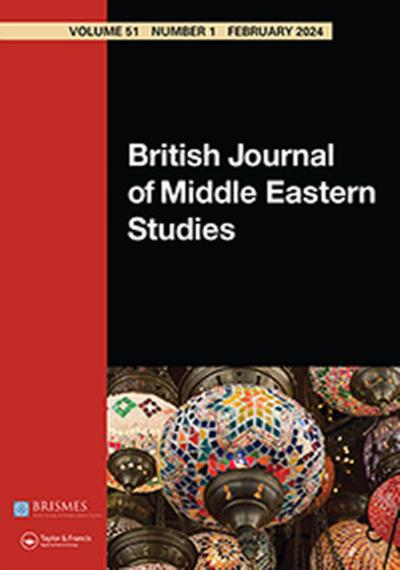Afghanistan: Civil Society and Aid Coordination
Timeframe: Mar 2002 - Oct 2003
Funder: Norwegian Ministry of Foreign Affairs
Afghan Civil Society: This report starts with an introduction to the debate on the concept of civil society, paying particular attention to Muslim societies where traditional forms of civil society associations are dominant. This then leads into a review of a wider range of associations presently active in Afghanistan, including the traditional shuras (community councils), religious networks, Non-Governmental Organisations (NGOs), voluntary associations and interest groups, and political parties. The role of the gender dimension in Afghan civil society is emphasised. An argument here is that a unique opportunity for securing women larger influence risks being lost as gender issues now seem about to be moved from the centre stage into one among several cross-cutting issues.
Aid coordination is expected to ensure the more efficient and effective delivery of humanitarian assistance. Presently, a large number of humanitarian actors are operating in Afghanistan, and different groups have established their separate coordination arrangements. However, while the Afghan Transitional Authority (ATA) has assumed the main responsibility for aid coordination, it is constrained by the political context in which it operates and the limited influence it holds over aid disbursement outside the capital Kabul. There is no doubt that there is a need for humanitarian assistance to Afghanistan, and that it needs to move away from emergency relief towards rehabilitation and development support. A limited vulnerability assessment indicates that people in almost all parts of Afghanistan are in need of assistance, and figures for aid disbursement show that Non-Governmental Organisations (NGOs) are the main implementers of aid programmes. The NGO sector has undergone enormous changes over the last year. Most of the new NGOs appear to have established themselves in the main cities and in the northern and central parts of Afghanistan. This rather uneven aid distribution might in turn undermine the peace process, as people might see aid allocations as politically motivated rather than based on actual need.

